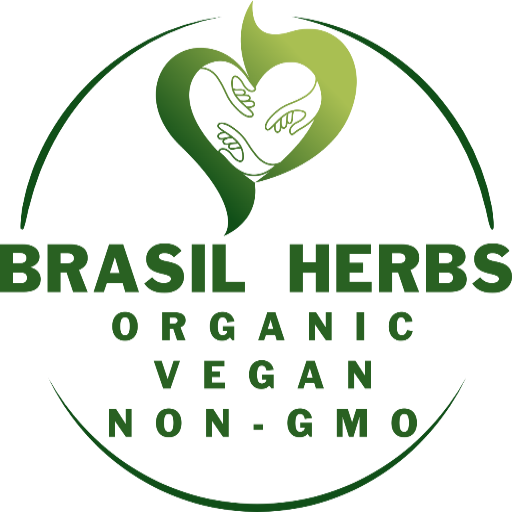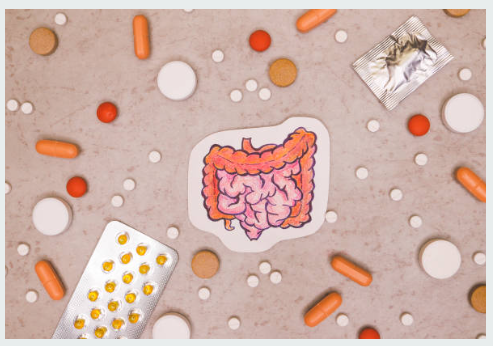
Organic Probiotics
Live microorganisms, usually bacteria or yeasts, that offer health benefits when consumed in adequate amounts. They are found in fermented foods like yogurt, kefir, sauerkraut, and supplements, and are considered “organic” when grown without the use of pesticides, synthetic fertilizers, or genetically modified organisms.
Their properties:
- Balance of gut microbiota: Contribute to the restoration and maintenance of a healthy microbiota, helping to prevent the growth of pathogens.
- Improved digestion: Aid in the breakdown of food, facilitating nutrient absorption and relieving digestive discomforts such as bloating and constipation.
- Strengthening the immune system: Can modulate immune response, increasing resistance to infections and reducing inflammation.
- Production of beneficial substances: Some strains produce lactic acid and other substances that inhibit the growth of pathogenic bacteria.
- Positive effects on mental health: Studies suggest a connection between gut health and mental health, indicating that probiotics may help reduce symptoms of anxiety and depression.
- Metabolic regulation: May influence lipid metabolism and insulin sensitivity, contributing to metabolic health.
- Anti-inflammatory properties: Some strains have demonstrated the ability to reduce inflammatory markers in the body.
The benefits may vary depending on the strain used and the amount consumed. It’s always important to consult a healthcare professional before starting probiotic supplementation.
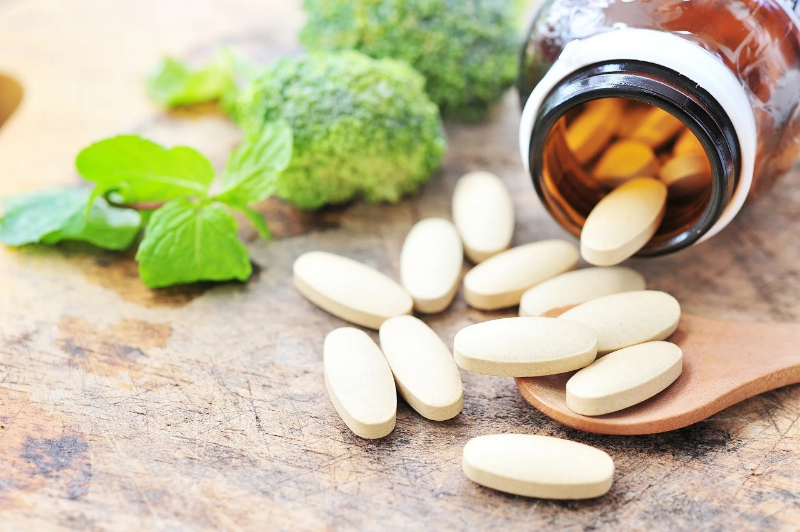
Dietary Supplements
Focused on defending the body, these products contain natural ingredients grown without the use of pesticides or chemical fertilizers, aimed at strengthening the immune system and promoting overall health. These supplements may include vitamins, minerals, plant extracts, and other bioactive compounds that help enhance the body’s natural defenses against infections and diseases.
Characteristics of organic supplements for body defense:
- Natural Ingredients: Contain herbs, fruits, vegetables, and other organic components known for their immune-boosting properties, such as echinacea, turmeric, and vitamin C.
- Antioxidants: Often rich in antioxidants, which help neutralize free radicals and protect cells from oxidative stress.
- Anti-inflammatory properties: Many ingredients have anti-inflammatory effects, helping to reduce inflammation in the body and improve immune response.
- Organic Certification: Made from ingredients that follow strict organic standards, ensuring purity and the absence of chemical contaminants.
- Bioavailability: Formulated to ensure that nutrients are easily absorbed and utilized by the body.
- Ingredient Synergy: Many supplements combine various ingredients that work together to enhance effectiveness in defending the body.
These supplements are often chosen by people looking to strengthen their natural defenses, especially during times of stress, seasonal changes, or disease outbreaks.
Phytotherapeutic Products
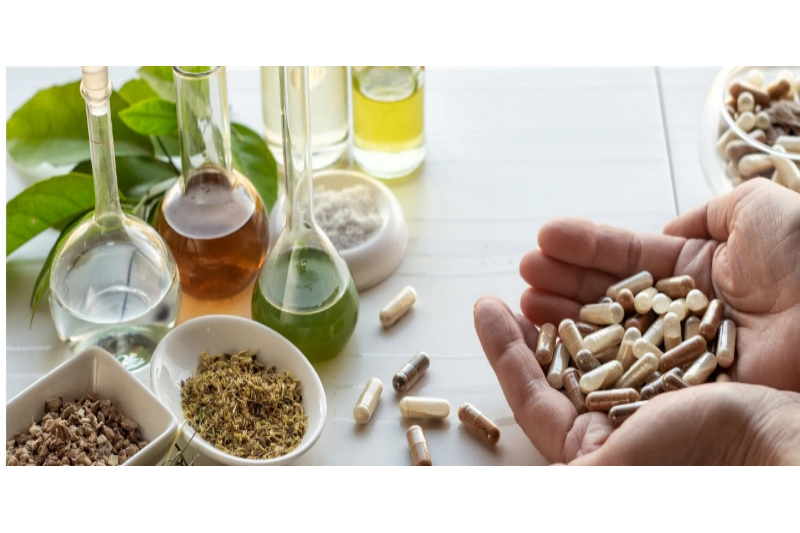
Traditional Herbal Products
This is a type of medicine that uses plants or their extracts as a base, recognized for its efficacy and safety through historical and traditional use. These products are formulated from plants with a documented history in popular or traditional health practices and are often used to promote health and body defense.
Characteristics of Herbal Products:
- Plant-based: Mainly composed of herbs, roots, flowers, or plant extracts.
- Historical Use: Supported by evidence of traditional use over time to treat or prevent illnesses.
- Regulation: In Brazil, they are regulated by ANVISA (National Health Surveillance Agency) and must follow specific standards to ensure quality and safety.
- Therapeutic Indications: May be indicated to strengthen the immune system, aid digestion, relieve cold symptoms, and offer other health benefits.
- Safety and Efficacy: To be registered as traditional herbal products, documentation proving safety and efficacy based on traditional evidence is required.
ANVISA regulates herbal products in Brazil through Resolution RDC 26/2014, which establishes criteria for manufacturing, quality control, labeling, and commercialization. The agency classifies herbal products into:
- Herbal Medicines: With proven efficacy and safety, they may have specific registrations.
- Traditional Herbal Products: Proven traditional use, with fewer requirements for rigorous clinical studies.
These products are generally considered a complementary option for health, offering support to the body, especially in defense against diseases, thanks to the medicinal properties of plants.
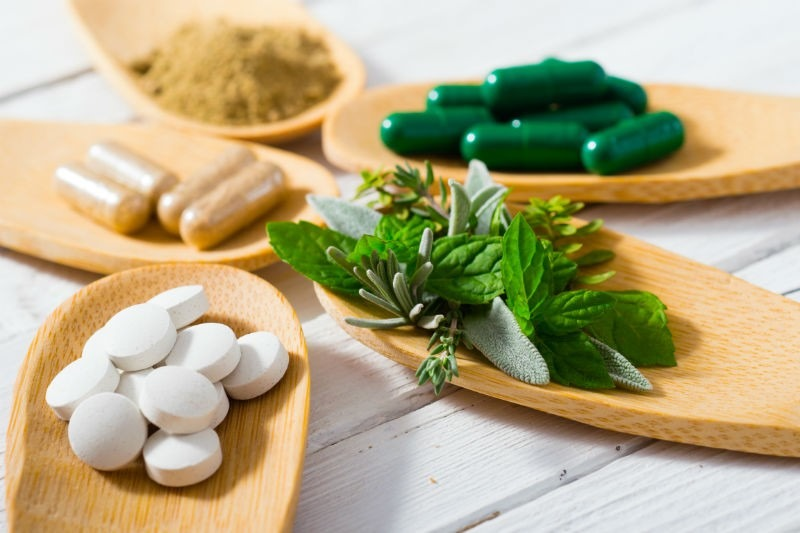
Herbal Medicine
A type of medicinal product made from plants or plant extracts, used to prevent, treat, or alleviate diseases. These medicines are recognized for their therapeutic properties, which can help promote health and strengthen the body’s defenses.
Characteristics of Herbal Medicines:
- Plant-based: Composed mainly of plant parts such as leaves, flowers, roots, or extracts.
- Scientific Evidence: To be registered, they must provide proof of safety and efficacy, usually through clinical studies.
- Therapeutic Indications: Can be used for various purposes, such as strengthening the immune system, treating digestive disorders, relieving pain, and more.
- Forms of Presentation: Available in various forms, such as tablets, capsules, syrups, infusions, and ointments.
ANVISA (National Health Surveillance Agency) regulates herbal medicines in Brazil, establishing specific guidelines for their production and commercialization. The regulation is based on Resolution RDC 26/2014, which classifies herbal medicines into two main categories:
- Herbal Medicines: Require clinical studies that prove their safety and efficacy.
- Traditional Herbal Products: Can be registered based on traditional and historical use, with fewer requirements for rigorous clinical studies.
Body Defense:
Herbal medicines are often used to strengthen the body’s defense, as many contain bioactive compounds with antioxidant, anti-inflammatory, and immunomodulatory properties. Thus, they can help prevent diseases, improve overall health, and support the immune system.
In summary, herbal medicines are a valid option in pharmacology, offering natural alternatives with regulatory backing for health care.

The quality of our products is ensured by controlling all stages of production, from Good Agricultural Practices (GAP) and Good Manufacturing and Control Practices (GMCP) for raw materials to manufacturing.
Soon we will present new additions to our portfolio! Contact us for more information.
